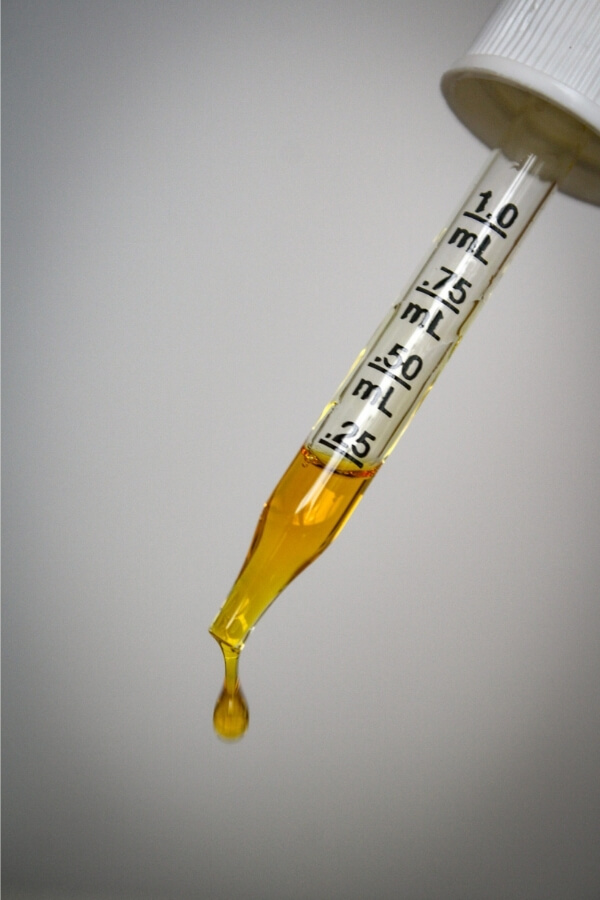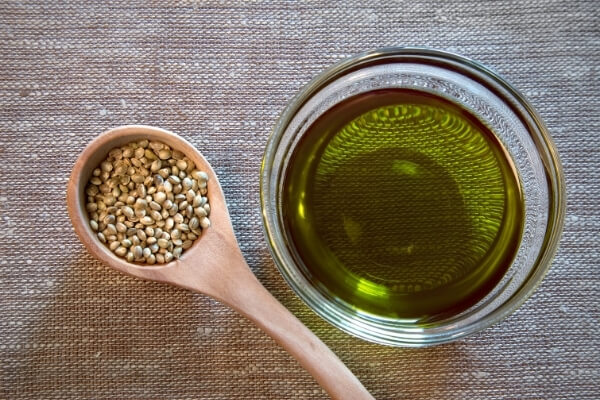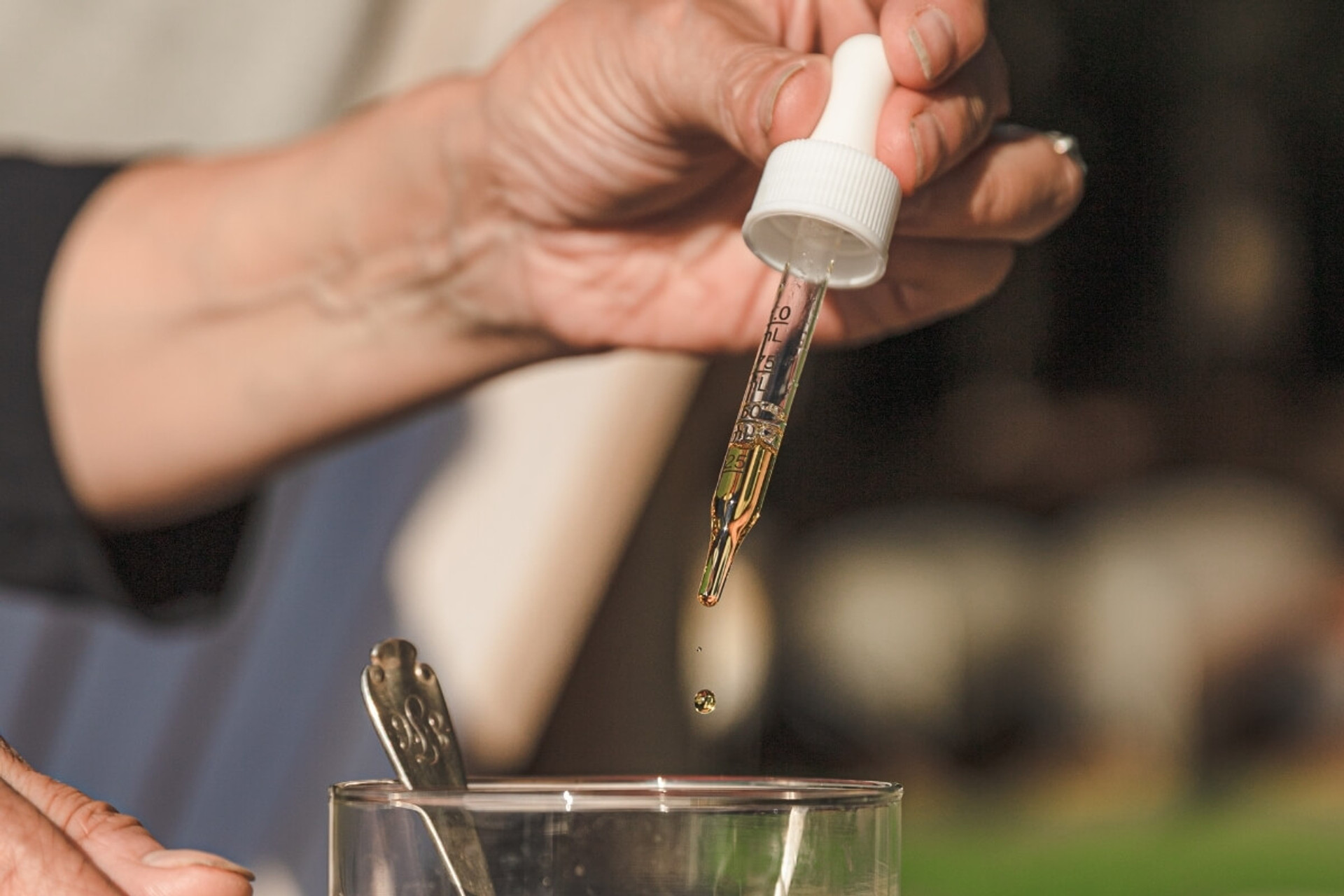What's in Your CBD? Why the Medium Matters
22nd Jan 2021
When you’re looking at CBD product ingredients, it can be confusing to understand the terminology. CBD products are sold in many forms, with oil being one of the most common. But then there's a range of oils to choose from. Perhaps you've wondered, "What’s the difference? And how does it affect my CBD experience?". Many of our beloved customers have confided in us that they've felt like they're shooting in the dark when buying CBD. We hear you!
In this article we break down why CBD is sold in a medium, what the most common mediums are, and how we picked our favorite (spoiler: it's MCT oil!).
What's a medium, and why does CBD need one?
To start, a medium is simply a way to describe the substance that CBD is combined with in order to make a final product. Liquid mediums are oil based or alcohol based. When oils are used they're also known as "carrier oils" because they "carry" the key ingredient into or onto our bodies. So why do we need a medium, you ask?

Because CBD in its raw form isn't practical to ingest. Do you know what CBD in its purest form looks like? Well, it varies based on whether you’re talking about isolate, distillate or full-spectrum extract. For instance, isolate is a white powdery substance. But our full-spectrum extract which contains a multitude of phytonutrients, terpenes and cannabinoids looks more like strawberry ice cream.
In its raw form this extract is too concentrated to make for effective and accurate dosing. When it's diluted into a medium, you're able to use a dropper or measuring spoon for more control over each serving. When it comes to managing your CBD dose, a good level of accuracy is important.
You may be saying, "Huh?! Doesn't that make my CBD less effective?" But it's precisely the opposite! Having a carrier oil can enhance CBD absorption in your body. Let's dig into the science of absorption.
Fun fact: did you know that our friend CBD is afraid of water? Put more technically, it's hydrophobic and it doesn't dissolve well in H2O. Instead, CBD is lipophilic - meaning it loves oil. Since CBD is no fan of water, it needs help from a fatty friend to be able to go through our digestive tract and into our body. And when it gets that support, it can be processed, delivered and absorbed at much higher levels.
With that in mind, let's look at the benefits and drawbacks of the most common oils and alcohol tinctures.
MCT Oil

MCT Oil is the gold standard and most common medium for CBD products. And for good reason.
MCT stands for medium chain triglycerides and is also known as "fractionated coconut oil". That's because it's a 'fraction' of regular coconut oil, which has had its short and long chain triglycerides removed. Medium chain triglycerides are superior from a CBD perspective, because their molecule size is considered to be more easily absorbed into the body.
MCT oil is odorless and able to remain liquid at colder temperatures, unlike regular coconut oil. This ensures the product doesn't solidify or smell like you're on a tropical holiday. Being that it is thinner than most oils, it's also easy to dispense. And a bonus? MCT oil has the same antibacterial and antifungal properties we know and love from coconut oil. Win-win-win.
Sometimes MCT oil is made from palm oil. In that case, it can raise questions about where it was sourced - as palm oil has led to massive deforestation and biodiversity destruction. Good news, our MCT oil at Luce Farm comes from organic coconuts!
Olive Oil
Olive oil is a common carrier for CBD. It has a stronger, more distinct taste - and whether that's a good or bad thing will depend on your personal preference. It’s a thicker oil, with larger fat molecules (long chain triglycerides). This can potentially make it harder for the body to absorb the CBD, compared to the medium chain triglycerides in MCT.
Research has shown that olive oil contains a lot of healthy compounds with its phytonutrients and antioxidants. However, specifically because of how many compounds it has, there's less room for it efficiently hold CBD. That's why this is an oil more commonly used in lower-potency products. CBD olive oil salad dressing? Count us in!
Olive oil is a great medium for hemp extract for pets. Dogs seem to love the taste and it’s been shown to have a broad range of health benefits for pets.

Hemp Seed Oil
Hemp Seed Oil is another popular choice for a carrier oil, probably only second to MCT. But first, we need a quick clarification about what hemp seed oil actually is. Unlike the extract from hemp flowers, which is used to make CBD and CBG, this is oil from hemp seeds, which contains no significant amounts of cannabinoids. However, being that it comes from the hemp plant, some proponents of hemp seed oil think it's a great medium due to something called the "entourage effect."
That's because there are hundreds of beneficial compounds in cannabis. The thinking goes that if you combine more of those compounds together, they can synergistically boost each others' positive qualities. We absolutely stand by this principle. But instead of using hemp seed oil with only trace amounts of cannabinoids, we include all those beneficial compounds in Luce Farm products with full-spectrum extract.
As a CBD medium, hemp seed oil may not be as good as MCT oil for high potency CBD due to having a lower solvency. It’s also considered to be more susceptible to oxidation than MCT oil. Lastly, not everyone likes the flavor and it’s more expensive than MCT oil.
That said, hemp seed oil has a strong reputation for its exquisite nutritional benefits, including omega fatty acids. So if you want to consume it for its health benefits, we recommend getting a dedicated bottle of hemp seed oil for eating. The amounts consumed via CBD dosing are pretty small, so we wouldn't rely on it as your sole hemp seed oil source for dietary supplementation.
Alcohol Tinctures
We've covered the most common oils - now let's look at alcohol. An extraction of a plant substance that uses alcohol is called a tincture. To make an alcohol tincture, CBD is steeped in high-proof alcohol and then sometimes processed with heat. Unlike CBD oil, tinctures tend to have a weaker potency. For this reason, they can often be less expensive.
Their benefits, however, are that they have a long shelf life. Typically, they have more additives than CBD oils, which are usually just CBD with a carrier oil. That's because tinctures may have flavoring, sweeteners and vegetable glycerin added. They should be avoided by anyone with sensitivity to alcohol-based products.
So...what to choose?
If you feel overwhelmed with information, fret not. The good news is that all the common mediums do the job of delivering CBD pretty well. Of course, you probably want the absolute best option - just like we do!
You can evaluate that like we have by looking at three important factors: bioavailability, absorption and shelf stability. For example, you might ask which oil can best transport CBD into your body. As mentioned, that will be shaped by the types of fat molecules present in that oil. There are other considerations, like taste and additional health benefits provided by the oil too.
You now have the tools to evaluate your CBD medium preferences. We at Luce Farm have looked at the options and decided to use MCT oil for all the reasons mentioned.
We hope you enjoyed learning about the options for CBD mediums. Check out our blog or contact us to learn even more about how we make the best CBD and CBG products on the market.
